The Birkbeck Institute for the Study of Antisemitism holds seminars, workshops and conferences for scholars, and lectures, discussions and film screenings that are open to everyone.
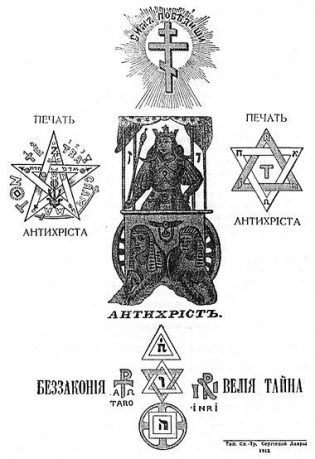
Professor Evans takes a fresh look at the Protocols. He asks whether either the contents of the document or the evidence of Hitler’s speeches and writings justify these claims, and examines the light they throw on the origins and nature of Nazi antisemitism.

This paper discusses one of the most profound sociologists of modernity, the late Zygmunt Bauman, for whom the Jewish question played a key but not always explicit role. It draws out Bauman’s contribution to understanding these questions, but also some of his work’s limitations.
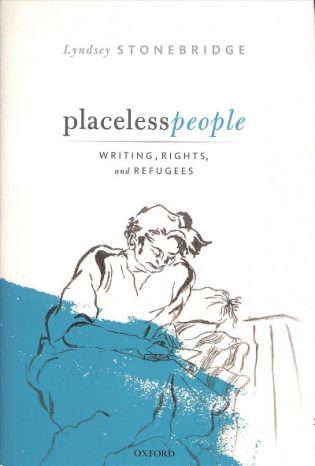
The panel discussion explores how exiles from other places – refugees and people seeking asylum – have called into question ideas about sovereignty, law and nationhood, and asks how we should reckon with this challenge as we think about the present.

Yulia Egorova talks about her monograph Jews and Muslims in South Asia: Reflections on Difference, Religion and Race, which puts the growing literature on Jewish-Muslim relations in dialogue with academic interventions interrogating anti-Semitism, Islamophobia, and their overlapping histories.
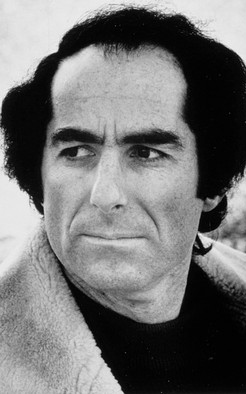
Steven J. Zipperstein draws on many conversations with Philip Roth over the course of the last several years. He shares some preliminary insights in a talk designed as meditation on a project still in its infancy.
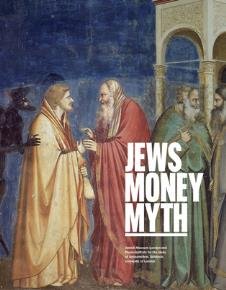
Jews, Money, Myth, a major exhibition at Jewish Museum London, explores the role of money in Jewish life and its vexed place in relations between Jews and non-Jews, from the time of Jesus to the 21st century. It examines the origins of some of the longest running and deeply entrenched antisemitic stereotypes.

In this lecture, Professor Zweig explores the difficult and controversial decisions that Jewish leaders and officeholders in Israel and the diaspora had to make before it was possible to even begin the pursuit of economic justice.

Performances of ‘The Merchant of Venice’ provoke strong emotions and heated debates on some of the most fraught questions in Jewish-Christian relations. Join us to watch the acclaimed 2004 cinematic adaptation of the play, directed by Michael Radford and for the panel discussion that follows.

In this lecture Professor Zadoff asks ‘in what ways have these historical experiences influenced Jewish life throughout modernity and up until today?’

Attempts to define antisemitism are often accompanied by disputes and controversy, bringing to the surface broader political, scholarly and theoretical differences. This workshop seeks to explore these disagreements.
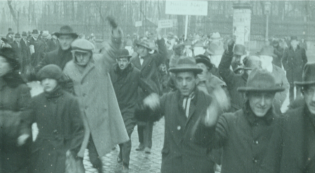
Based on the novel of the same title by Jewish writer Hugo Bettauer, this silent film, premiered in 1924, satirises the rising antisemitism in Austrian society in the wake of the First World War. The film ridicules the hollow promises of nationalist utopias and the pernicious nature of antisemitic demagoguery.

This critically acclaimed musical (Norman Jewison, 1971) is based on stories written by the canonical Yiddish writer Sholem Aleichem. With wit and exuberence, ‘Fiddler on the Roof’, remembered most for the song ‘If I were a rich man’, captures an imagined world of the shtetl.

How can museums best confront the stereotypes that feed antisemitism? Join our panel to explore the challenges of exhibiting difficult histories and shaping the stories objects tell.

This lecture examines the ways in which Jews across Europe and Asia co-operated in helping the tens of thousands of their co-religionists displaced by the mid-seventeenth century wars in eastern Europe. A broad economic network coalesced which took money raised in communities as far distant as Amsterdam and channelled it to where it was needed most.

This workshop brings together scholars, artists, museum professionals and the public to reflect on the challenges and power of presenting difficult and unsettling archival images in the public realm. What is the impact of using images which depict discrimination, racial hatred or genocidal violence?

Ruth Beckermann documents the process of uncovering former UN Secretary General Kurt Waldheim’s wartime past. Created from international archive material and footage Beckermann shot at the time, the film analyses the collapse of the Austrian grand illusion: “having been the first victim of the Nazis”.

Associations between Jews and money have informed the history of Jewish men and women for millennia and have also given rise to some of the most deeply entrenched Jewish stereotypes. In this workshop we aim to explore the connections – real and imagined – between Jews and money.

In the long history of Jews and business, few phenomena have been more formative than Jewish peddling. In this lecture Hasia Diner explores the contours of this history. She reveals how the practice of peddling changed over centuries, and what its impact has been on the great Jewish migrations out of Europe.

Through such vivid literary characters as Shylock, Fagin, and the notorious Jud Süß, the stereotype of the swarthy, hook-nosed, grasping Jewish moneylender has become a staple of western antisemitic discourse. In this talk Professor Lipton traces the slowly evolving image of Jews in medieval art, depicted first as worldly and materialistic, and, ultimately, dangerous and demonic.

In some recent work on decolonization, there has been an attempt to claim some Jewish writers of the twentieth century as participating in a rethinking of ‘barbarism’ that aligns Jewish thought with the decolonial movement. This seminar offers an account of Jewish barbaric possibilities and suggests ways in which psychoanalysis might connect with them.
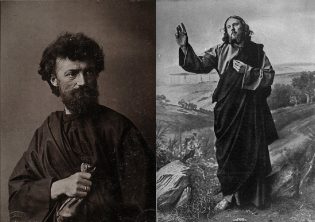
The Passion Play at Oberammergau, Germany is one of the world’s longest running dramatic performances. Returning to the decades when Oberammergau first rose to global fame, Dr Priest will ask to what extent the play’s negative portrayal of the Jews was an innovation and a product of its modernisation, rather than tradition.

The paper sets out to trace the recent critique of ‘realistic conflict theory’ as it pertains to antisemitism studies. It will provide an overview of the arguments comprising the debate; outline the way in which these arguments depend on specific psychological notions; and, finally, proffer an alternative approach.

The relationship between antisemitism and other forms of racism and exclusion is not only a historical question. It is an urgent issue for today.
Professor David Feldman, Director